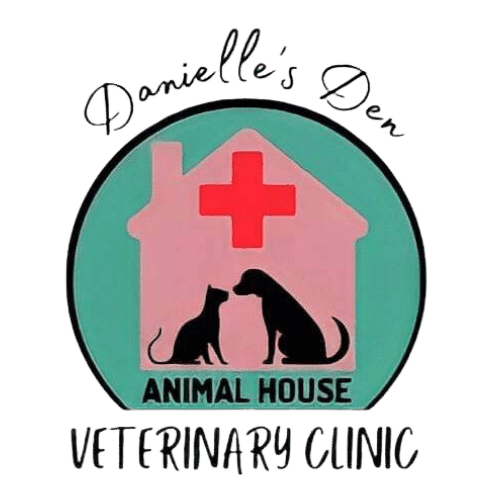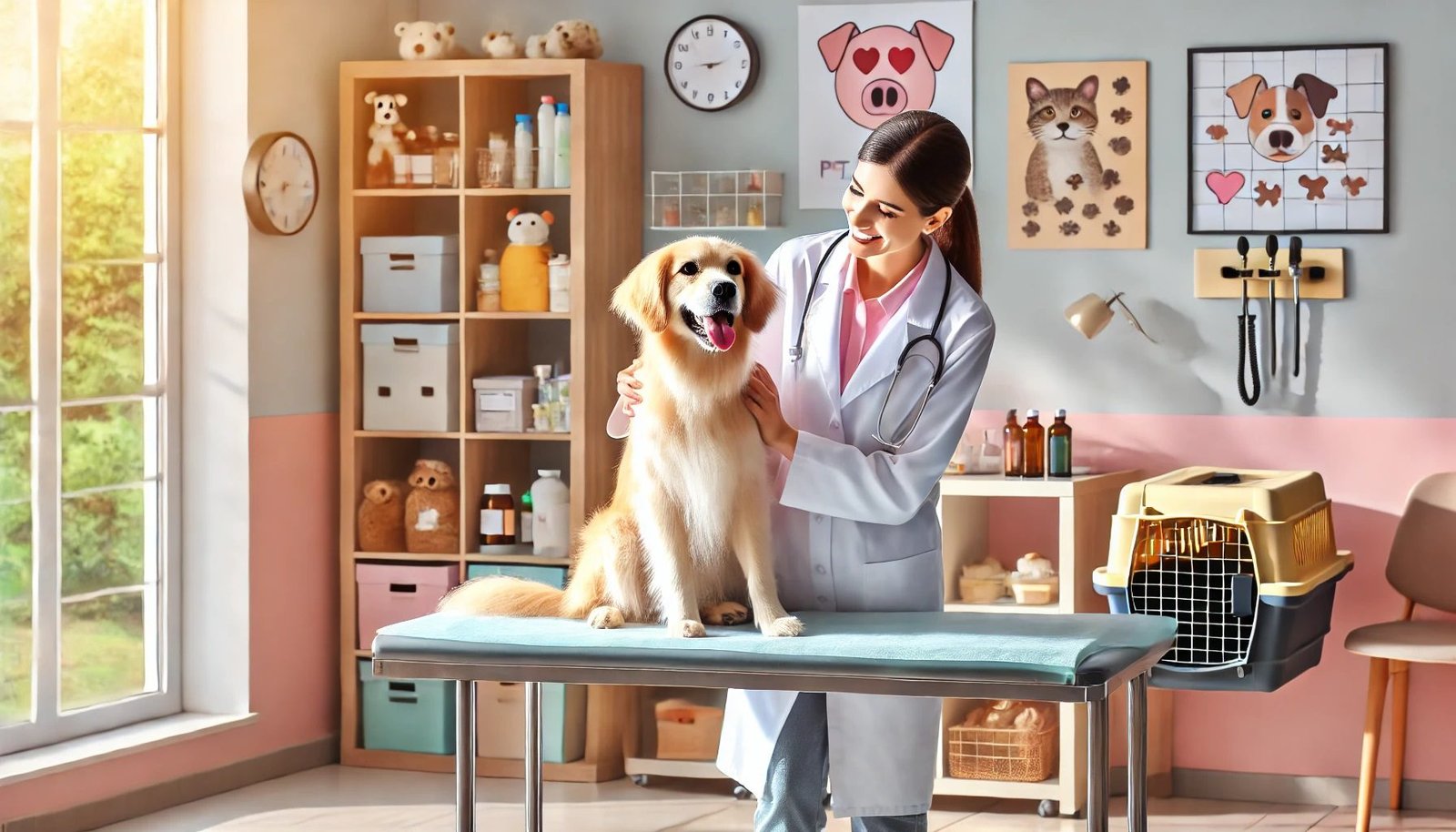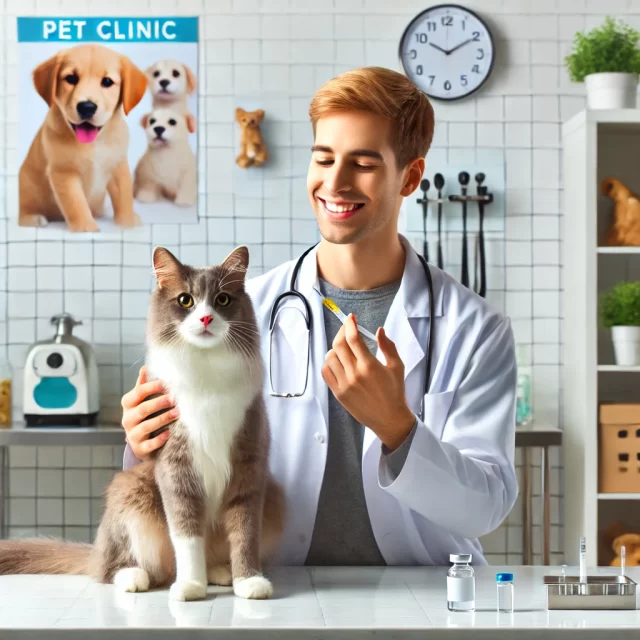Understanding Pet Vaccinations: Which Shots Does Your Pet Really Need?
As a responsible pet owner, keeping your pet healthy and protected is a top priority. One of the best ways to ensure this is through vaccinations. Vaccines help shield your pets from life-threatening diseases and contribute to the broader prevention of outbreaks within the pet community. However, understanding which shots are essential and which are optional can be overwhelming. This guide will help clarify the importance of vaccinations and outline which ones your pet truly needs.
How Vaccinations Work
Vaccinations work by stimulating your pet’s immune system to produce antibodies that fight off specific diseases. These vaccines contain either killed or weakened forms of the disease-causing organism. When administered, your pet’s immune system is trained to recognize and destroy these organisms in the future, should they ever be exposed.
There are two categories of pet vaccines: core and non-core. Core vaccines are considered essential for all pets, regardless of their lifestyle or environment. Non-core vaccines are recommended based on a pet’s individual risk factors, such as geographic location, exposure to other animals, or lifestyle habits.
Core Vaccines: The Essential Shots
Core vaccines are universally recommended for all pets because they protect against diseases that are either highly contagious, fatal, or have the potential to infect humans (zoonotic diseases). Let’s take a look at the core vaccines for both dogs and cats.
For Dogs:
- Rabies – Required by law in many regions, rabies is a fatal disease that can spread to humans.
- Canine Distemper – A serious virus that attacks the respiratory, gastrointestinal, and nervous systems.
- Parvovirus – A highly contagious virus that causes severe vomiting, diarrhea, and can be fatal if untreated.
- Adenovirus (Hepatitis) – Protects against infectious canine hepatitis, a virus that affects the liver, kidneys, and eyes.
For Cats:
- Rabies – Just as with dogs, rabies vaccinations are crucial and often legally required.
- Feline Distemper (Panleukopenia) – A highly contagious and often fatal virus that affects the immune system.
- Feline Calicivirus – A respiratory infection that can lead to chronic symptoms if left untreated.
- Feline Herpesvirus (Rhinotracheitis) – Another cause of respiratory infections that can lead to lifelong complications.
These core vaccines form the foundation of a healthy vaccination plan for all pets and are often mandated by law to protect both pets and humans from deadly diseases.
Non-Core Vaccines: Tailored to Your Pet’s Needs
Non-core vaccines are administered based on your pet’s risk of exposure. While they aren’t necessary for every pet, they can be lifesaving in certain environments or situations.
For Dogs:
- Bordetella (Kennel Cough) – Recommended for dogs that frequently visit kennels, groomers, or dog parks where they may be exposed to this highly contagious respiratory infection.
- Leptospirosis – A bacterial infection that can be spread through contaminated water or soil, often affecting dogs that spend time outdoors or near water sources.
- Lyme Disease – Common in areas with high tick populations, this vaccine protects against a debilitating illness transmitted by ticks.
- Canine Influenza – Recommended for dogs that are often in close contact with other dogs, such as those in daycares or boarding facilities.
For Cats:
- Feline Leukemia Virus (FeLV) – Recommended for outdoor cats or those in multi-cat households, as this virus weakens the immune system and can be fatal.
- Feline Immunodeficiency Virus (FIV) – Like FeLV, this virus impacts the immune system and is more common in cats with outdoor access.
Your veterinarian will assess your pet’s lifestyle, environment, and health to determine if non-core vaccines are necessary. For instance, a cat that lives entirely indoors may not need the same vaccines as an outdoor cat, and a dog that frequently hikes in tick-prone areas may benefit from the Lyme disease vaccine.
Puppy and Kitten Vaccination Schedule
Starting vaccinations early is crucial for puppies and kittens, as their young immune systems are more vulnerable to infections. A typical vaccination schedule for young pets includes:
- 6–8 weeks: First round of core vaccines.
- 10–12 weeks: Second round of vaccines.
- 14–16 weeks: Final round, including the rabies vaccine.
- Booster shots: Administered one year after the final round of initial vaccines and then typically every one to three years, depending on the vaccine.
Your veterinarian will provide a detailed vaccination plan tailored to your new pet to ensure they’re protected from a young age.
Adult Pet Vaccination Schedule
Adult pets also need vaccinations to maintain immunity. Many core vaccines require booster shots to ensure ongoing protection, typically every one to three years. The frequency of these shots may vary based on your vet’s recommendations and your pet’s lifestyle.
Non-core vaccines may need more frequent administration, depending on the specific risk factors your pet faces. Regular veterinary check-ups ensure that your pet stays current on all necessary vaccines, keeping them safe from emerging threats.
Risks and Side Effects of Vaccinations
While vaccinations are generally safe, some pets may experience mild side effects such as:
- Lethargy
- Mild swelling at the injection site
- Temporary loss of appetite
Serious reactions, like allergic reactions or anaphylaxis, are rare but can occur. If your pet has a severe reaction to a vaccine, contact your veterinarian immediately. Monitoring your pet after vaccination is always a good idea to ensure they’re feeling well.
The Importance of Regular Vet Check-ups
Vaccinations are only one aspect of your pet’s health care. Regular veterinary check-ups allow your vet to assess your pet’s overall health, update vaccinations as necessary, and provide guidance on keeping them healthy. These visits are essential for disease prevention and catching potential health issues early.
Debunking Common Vaccination Myths
- Do indoor pets really need vaccines?
Yes! Even indoor pets can be exposed to diseases through contact with other animals or contaminated surfaces. Core vaccines, especially rabies, are essential for all pets, regardless of their living situation. - Aren’t natural immunity and vaccination the same?
No, natural immunity comes from surviving an infection, which can be risky and often fatal. Vaccinations provide safe immunity without exposing your pet to the actual disease. - Is over-vaccination a concern?
Veterinarians follow specific guidelines to avoid over-vaccination. By adhering to a regular schedule and consulting with your vet, your pet will receive the right vaccines at the right time.
Vaccinations are a crucial part of responsible pet ownership. They protect your pets from dangerous diseases and help keep entire pet populations healthy. If you’re unsure which vaccines your pet needs, consult with your veterinarian to create a tailored vaccination plan based on their lifestyle, health, and environment. Regular check-ups and timely vaccinations will keep your pet safe, healthy, and happy for years to come.


